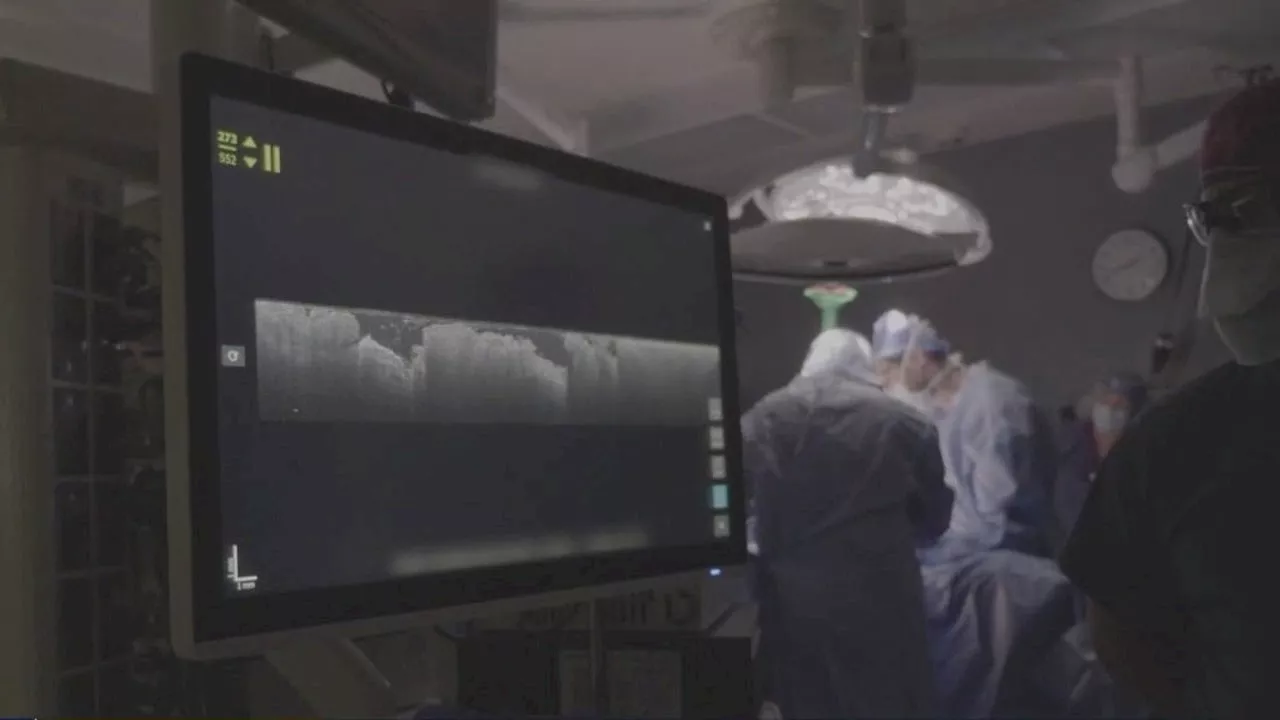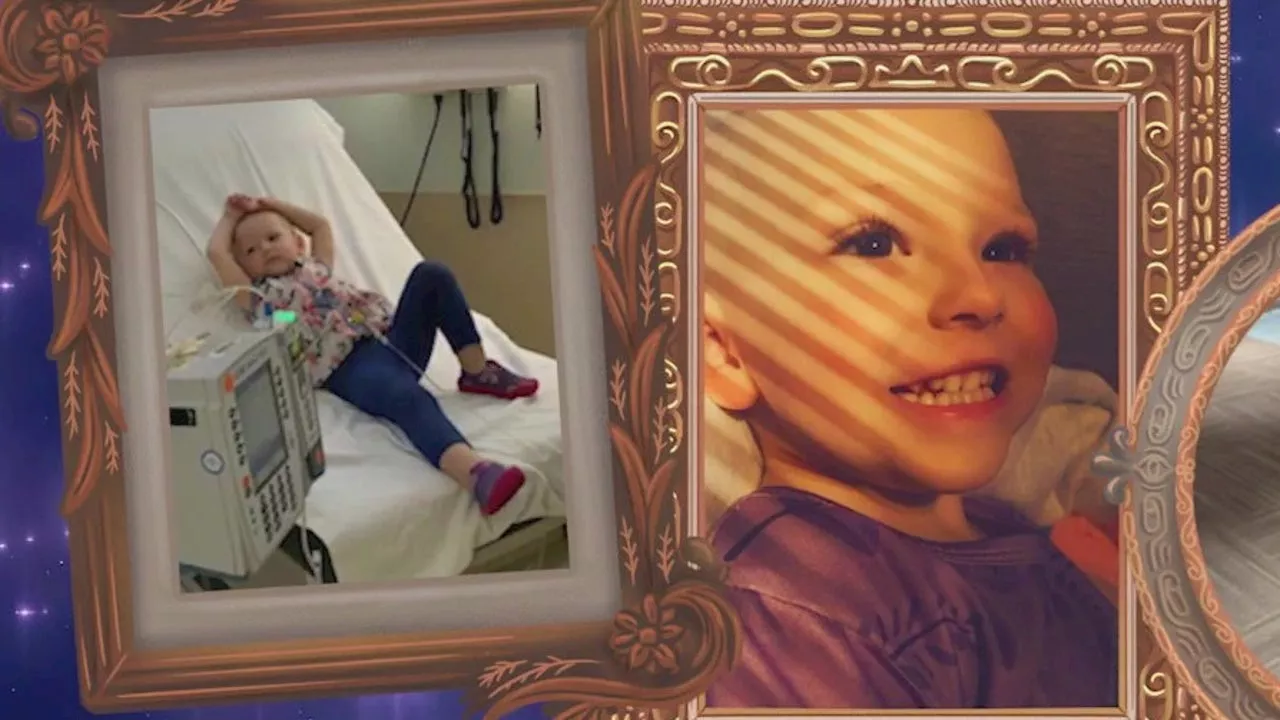A retrospective study analyzing data from over 4,000 CYAC survivors in the UK found that treatments like total body irradiation and allogeneic HSCT significantly increase the risk of developing diabetes later in life. The study highlights the need for lifelong monitoring and risk-stratified screening for diabetes in CYAC survivors.
Treatments for childhood and young adult cancer , especially total body irradiation and allogeneic hematopoietic stem cell transplantation , are associated with an increase in the long-term risk of developing diabetes among survivors. Although CYAC survivors are at higher risk of developing diabetes than the general population, which specific cancer treatments might be more likely to increase this risk remains unclear.
The primary outcome was incident diagnosis of diabetes, identified through inpatient hospital clinical coding and A1c values. Corticosteroid treatment increased the standardized CIFs for diabetes from 3.1% at 10 years to 16.3% at 40 years after diagnosis. The difference in standardized CIFs between those treated with corticosteroids and those who were not increased from 1.6% at 10 years to 7.7% at 40 years.
CYAC CANCER DIABETES TREATMENT RISK
United States Latest News, United States Headlines
Similar News:You can also read news stories similar to this one that we have collected from other news sources.
 Cancer Report: Deaths Down, But Alarming Rise in Women and Young Adults DiagnosedThe American Cancer Society's latest report presents a mixed outlook on cancer trends. While overall cancer deaths have decreased significantly, driven by earlier detection and improved treatments, the report reveals a concerning increase in cancer diagnoses among women and young adults. The report also highlights persistent racial disparities in cancer deaths and stresses the need for more effective strategies to combat pancreatic cancer, which remains a leading cause of cancer-related deaths.
Cancer Report: Deaths Down, But Alarming Rise in Women and Young Adults DiagnosedThe American Cancer Society's latest report presents a mixed outlook on cancer trends. While overall cancer deaths have decreased significantly, driven by earlier detection and improved treatments, the report reveals a concerning increase in cancer diagnoses among women and young adults. The report also highlights persistent racial disparities in cancer deaths and stresses the need for more effective strategies to combat pancreatic cancer, which remains a leading cause of cancer-related deaths.
Read more »
 Blood Disorder Fight: Family Calls for More Support Amidst Similar Cancer TreatmentsA seven-year-old boy with a rare blood disorder is receiving the same life-saving treatments as cancer patients, but his family faces a stark reality: inadequate support for blood disorders compared to more well-known illnesses. This story highlights the disparities in charity support and public awareness surrounding blood disorders, urging for a more inclusive and equitable approach to healthcare.
Blood Disorder Fight: Family Calls for More Support Amidst Similar Cancer TreatmentsA seven-year-old boy with a rare blood disorder is receiving the same life-saving treatments as cancer patients, but his family faces a stark reality: inadequate support for blood disorders compared to more well-known illnesses. This story highlights the disparities in charity support and public awareness surrounding blood disorders, urging for a more inclusive and equitable approach to healthcare.
Read more »
 Baylor College of Medicine Pioneering Less Invasive Breast Cancer TreatmentsBaylor College of Medicine in Houston is leading the way with innovative breast cancer treatments, including a 'right-sizing surgery' approach and a high-tech optical coherence tomography (OCT) device. These advancements empower patients with early-stage ductal carcinoma in situ (DCIS) to choose active monitoring instead of surgery and ensure complete tumor removal in a single procedure, potentially reducing the need for additional surgeries, stress, and the risk of cancer recurrence.
Baylor College of Medicine Pioneering Less Invasive Breast Cancer TreatmentsBaylor College of Medicine in Houston is leading the way with innovative breast cancer treatments, including a 'right-sizing surgery' approach and a high-tech optical coherence tomography (OCT) device. These advancements empower patients with early-stage ductal carcinoma in situ (DCIS) to choose active monitoring instead of surgery and ensure complete tumor removal in a single procedure, potentially reducing the need for additional surgeries, stress, and the risk of cancer recurrence.
Read more »
 Breakthrough in Childhood Brain Cancer Research Could Heal Treatment-Resistant TumorsResearch has shown that a potential new targeted therapy for childhood brain cancer is effective in infiltrating and killing tumor cells in preclinical models tested in mice. The novel drug CT-179 was shown to target a specific subset of tumor cells responsible for recurrence and therapy resistance in pediatric brain cancer. The findings could lead to more effective, less toxic treatments, improving survival and quality of life for young patients.
Breakthrough in Childhood Brain Cancer Research Could Heal Treatment-Resistant TumorsResearch has shown that a potential new targeted therapy for childhood brain cancer is effective in infiltrating and killing tumor cells in preclinical models tested in mice. The novel drug CT-179 was shown to target a specific subset of tumor cells responsible for recurrence and therapy resistance in pediatric brain cancer. The findings could lead to more effective, less toxic treatments, improving survival and quality of life for young patients.
Read more »
 Chicago area charity gives families of kids with cancer new hopeA Chicagoland charity is giving families facing childhood cancer new hope and unwavering support.
Chicago area charity gives families of kids with cancer new hopeA Chicagoland charity is giving families facing childhood cancer new hope and unwavering support.
Read more »
 American Cancer Society Launches Groundbreaking Study to Address Cancer Disparities in Black WomenA new study by the American Cancer Society aims to shed light on the unique challenges and factors contributing to the high cancer mortality rates and shorter survival times experienced by Black women in the United States.
American Cancer Society Launches Groundbreaking Study to Address Cancer Disparities in Black WomenA new study by the American Cancer Society aims to shed light on the unique challenges and factors contributing to the high cancer mortality rates and shorter survival times experienced by Black women in the United States.
Read more »
